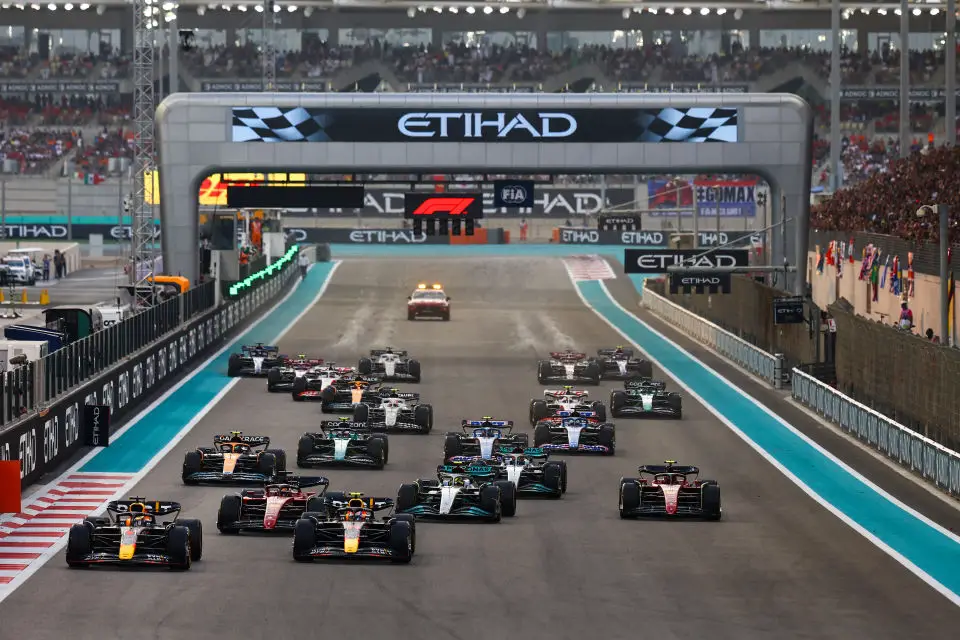Alpine Withdraws F1 Engine Equalization Proposal Amid Rival Teams’ Opposition
Alpine has abandoned its proposed Formula 1 engine equalization plan after failing to garner support from rival teams. The decision, expected to be formalized at the next F1 Commission meeting, marks a significant shift in the team’s strategy.
Key Takeaways:
- Alpine’s proposed equalization plan for their Renault/Alpine power unit, aimed at reducing the performance gap with other manufacturers, has been scrapped due to lack of support from rival F1 teams.
- The decision to drop the equalization plan comes after the FIA’s analysis revealed a 15-25Kw power deficit in Alpine’s engines compared to competitors like Mercedes, Ferrari, and Honda. Despite acknowledging this gap, other teams did not back Alpine’s proposal.
- Bruno Famin, Alpine’s interim team principal, emphasized that the team will now focus resources on developing a competitive engine for the 2026 season, considering the limited potential gains and lack of consensus for the current equalization proposal.

Alpine has officially retracted its bid to equalize engine power in the Formula 1 circuit, a move that has been anticipated since the idea’s lukewarm reception among rival teams. Initially proposed to address concerns about the significant power gap in their Renault/Alpine engines, the plan’s withdrawal signifies a strategic pivot for the team.
In July, Motorsport.com reported that the F1 commission was considering this issue after the FIA’s analysis showed Alpine’s engine lagging by approximately 20-33hp compared to its counterparts. This revelation had spurred discussions on potential remedies, with the FIA acknowledging the need to address this “notable performance gap.”
However, the requirement for unanimous ‘good faith’ agreement among teams, established during the engine freeze agreement in 2021, proved to be a significant hurdle for Alpine. The lack of support from other teams meant that the proposed upgrades and adjustments could not proceed.
Bruno Famin, Alpine’s interim team principal, recently conveyed at the Qatar Grand Prix that the focus had shifted. He stated, “Following discussions with the FIA regarding engine equalization, we, as a power unit manufacturer, actively made the decision not to take the matter further, making note of the positions held by the FIA and other power unit manufacturers.”
Famin further explained, “The topic of engine equalization was initially brought forward by the FIA during the F1 Commission meeting in July, after which we reviewed what options we had and what performance upgrades could be made in line with the regulations and the gentlemen’s agreement between the PU manufacturers. We quickly reached the conclusion that it was not worth our time and effort. Moreover, for such a small performance gain, it would be a distraction in our efforts towards the development of the 2026 PU project.”
This strategic redirection signifies Alpine’s acknowledgment of the current landscape and the need to prioritize future competitiveness. The proposal to officially cease the evaluation of engine parity will be presented at the upcoming F1 Commission meeting, coinciding with the Abu Dhabi Grand Prix.
Alpine’s decision underscores the complexities and challenges of balancing competitive interests within Formula 1. It also highlights the delicate nature of consensus-building among teams with diverse strategies and goals. This development marks a crucial moment in F1’s ongoing narrative of technical evolution and competitive fairness.


